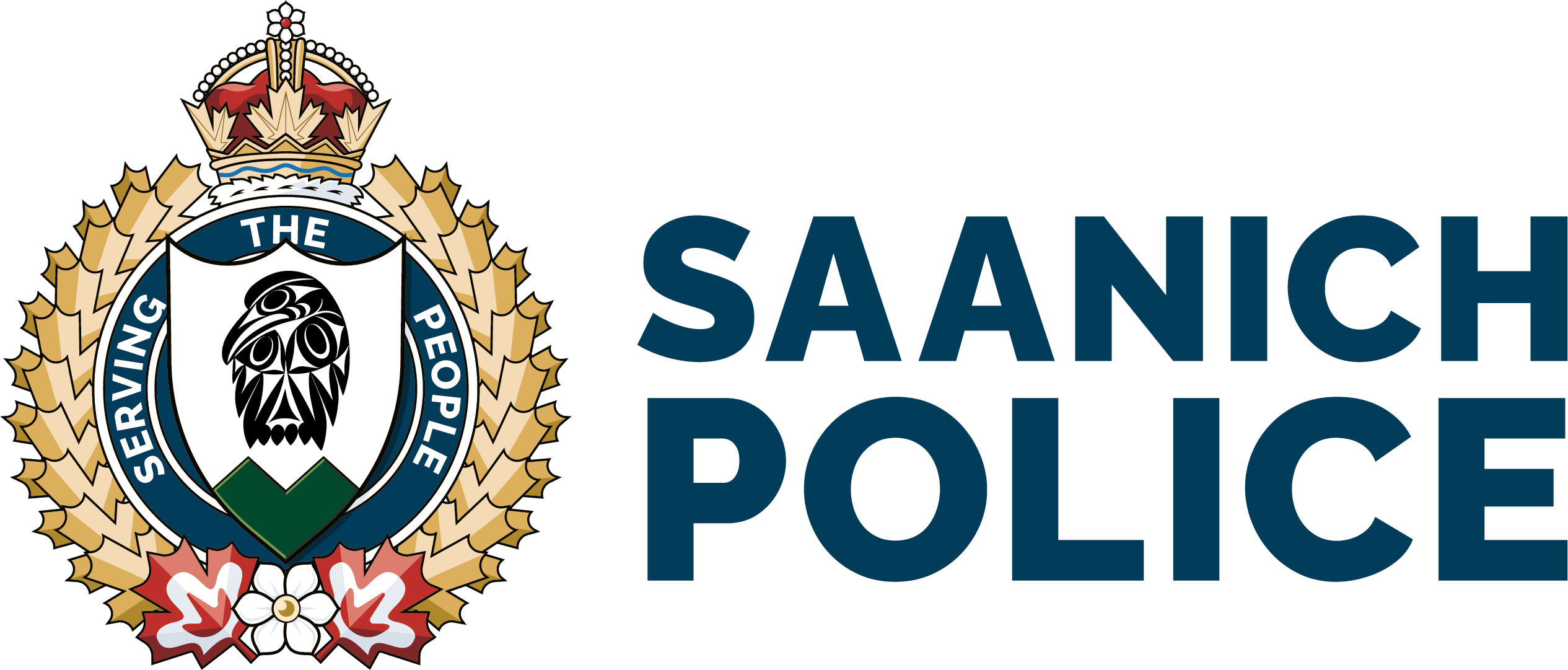**** The following article was authored by Harvey Kooner, ICBC Road Safety Coordinator****
Help keep your graduates safe
It’s an exciting time of year at high schools across the province. Graduation marks the culmination of years of hard work and a time for students to celebrate their accomplishments as they get ready to enter the next phase of their lives.
As graduates are getting ready to plan parties and other celebrations, invitations and what they’ll wear aren’t the only things they need to consider. They must also plan ahead for a safe ride home. Although graduates know they’re not of legal age to drink alcohol, the reality is some of them will. And while most grad parties go off without a hitch, some unfortunately have devastating consequences.
In B.C., car crashes are the number one preventable cause of death for youth. On average, three youth are killed and 1,160 injured in the Lower Mainland in April, May, and June every year. Year-round speed, impairment and driver inattentiveness are the top contributing factors in fatal crashes involving young people in B.C.*
Few know the consequences of making poor choices like ICBC road safety speaker, Kevin Brooks. Kevin lost his best friend one Saturday night while driving drunk in Surrey. From his wheelchair, Kevin shares his personal, heart-wrenching story with high school students each year to remind them of the importance of making smart driving decisions.
For the past 16 years, ICBC road safety speakers have been sharing their first-hand experiences with more than 50,000 B.C. high school students each year.
Parents can also help make sure their teens have a plan for a safe ride home before they head out for the evening. Here are ICBC’s tips to help parents with those conversations:
- Know their plan: Does your teen have a designated driver planned for their entire evening? Many grads treat themselves to a limousine ride – make sure they plan a safe ride home if they’ll be going to any other celebrations or if the limousine isn’t scheduled to drive them home.
- Plan B: Things don’t always go as planned so talk to your teen about expecting the unexpected and what their alternative options are to get home safely. Review a few scenarios with them to help guide them on how they can make smart choices.
- Make it unconditional: If you haven’t already, consider letting your child know that they can call you at any time if they ever need a ride. If they do call you for assistance, be supportive and consider saving your questions for the next day or at least until you’re home. If you can’t pick them up yourself, you can always have them return home safely in a taxi.
- Power of choice: Use real-life scenarios to talk to your teen about their driving behavior rather than lecturing them. If they’re going to be a designated driver, talk to them about not letting passengers or peer pressure influence their choices and that a real designated driver is one who does not drink at all.
- Power of influence: Your teen’s choices can have a significant influence on their friends. For example, if they take a stand against impaired driving they can help create a culture that recognizes making smart decisions. Even if you’re confident that your child is going to make the right choices, talk to them about looking out for their friends, especially those they know are easily influenced by others. And don’t forget, you also set an example for them every day with your own driving behaviour.
For more information on road safety visit: http://www.icbc.com/road-safety/safer-drivers
*Statistics are based on 2007 to 2011 ICBC and police data. Youth are defined as age 16 to 21.
Written by Harvey Kooner, ICBC Road Safety Coordinator
Posted by Sgt. Steve Eassie #158
 Afrikaans
Afrikaans Albanian
Albanian Amharic
Amharic Arabic
Arabic Armenian
Armenian Azerbaijani
Azerbaijani Basque
Basque Belarusian
Belarusian Bengali
Bengali Bosnian
Bosnian Bulgarian
Bulgarian Catalan
Catalan Cebuano
Cebuano Chichewa
Chichewa Chinese (Simplified)
Chinese (Simplified) Chinese (Traditional)
Chinese (Traditional) Corsican
Corsican Croatian
Croatian Czech
Czech Danish
Danish Dutch
Dutch English
English Esperanto
Esperanto Estonian
Estonian Filipino
Filipino Finnish
Finnish French
French Frisian
Frisian Galician
Galician Georgian
Georgian German
German Greek
Greek Gujarati
Gujarati Haitian Creole
Haitian Creole Hausa
Hausa Hawaiian
Hawaiian Hebrew
Hebrew Hindi
Hindi Hmong
Hmong Hungarian
Hungarian Icelandic
Icelandic Igbo
Igbo Indonesian
Indonesian Irish
Irish Italian
Italian Japanese
Japanese Javanese
Javanese Kannada
Kannada Kazakh
Kazakh Khmer
Khmer Korean
Korean Kurdish (Kurmanji)
Kurdish (Kurmanji) Kyrgyz
Kyrgyz Lao
Lao Latin
Latin Latvian
Latvian Lithuanian
Lithuanian Luxembourgish
Luxembourgish Macedonian
Macedonian Malagasy
Malagasy Malay
Malay Malayalam
Malayalam Maltese
Maltese Maori
Maori Marathi
Marathi Mongolian
Mongolian Myanmar (Burmese)
Myanmar (Burmese) Nepali
Nepali Norwegian
Norwegian Pashto
Pashto Persian
Persian Polish
Polish Portuguese
Portuguese Punjabi
Punjabi Romanian
Romanian Russian
Russian Samoan
Samoan Scottish Gaelic
Scottish Gaelic Serbian
Serbian Sesotho
Sesotho Shona
Shona Sindhi
Sindhi Sinhala
Sinhala Slovak
Slovak Slovenian
Slovenian Somali
Somali Spanish
Spanish Sundanese
Sundanese Swahili
Swahili Swedish
Swedish Tajik
Tajik Tamil
Tamil Telugu
Telugu Thai
Thai Turkish
Turkish Ukrainian
Ukrainian Urdu
Urdu Uzbek
Uzbek Vietnamese
Vietnamese Welsh
Welsh Xhosa
Xhosa Yiddish
Yiddish Yoruba
Yoruba Zulu
Zulu
